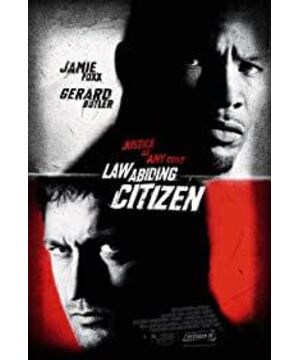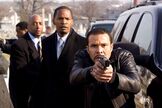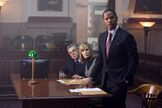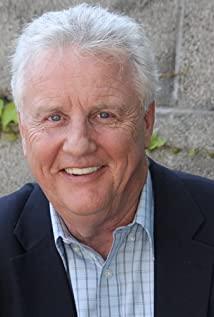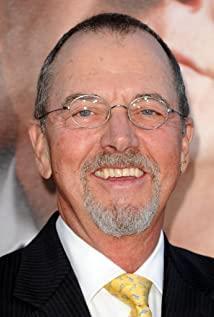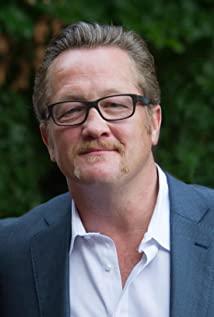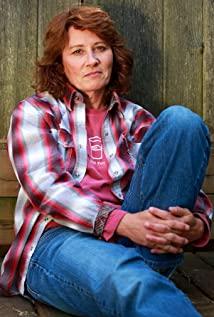In the order of the death of the accomplice, ten years of skill began to emerge. From dismembering thieves, going to jail for showdowns, humiliating judges, and killing lawyers, Clyde has carefully planned and has a clear mind. In contrast, the public prosecutors and the law are stretched, passively and self-righteously caught in the quagmire of the case and psychology. The person involved was killed. The study of the judicial system makes Clyde easy to handle in trials and courts, and the attack of a guilty plea reverses the face of a judge who symbolizes fairness and justice. People are beginning to understand that his purpose is not just to kill enemies, but to expose the dark side of the judicial system under the splendid exterior, and to point the sword at the entire judicial system.
He returned the words that had been written in his heart back to the originator, word for word, and he used the way of crime to show the law-abiding citizens that the protector who punished crime has been reduced to a criminal. tool. After the lawyer was tricked to death by the police, there were very few main people involved in the case. The male protagonist portrayed here is undoubtedly a lone punisher of high-IQ crimes, but the subsequent plot made people's opinions on him and the film appear. watershed.
Killing roommates in order to enter a solitary confinement cell, and blowing up the bus in order to show their control, people who have little connection with the case are controlled like chess pieces, and they are also abandoned like chess pieces. The film does not clearly show the connection between a series of murders and judicial justice, which inevitably makes people suspect that the male protagonist's killing has lost its pertinence and purpose. It is extremely vicious, and such a simple and extensive way of handling it without explaining the cause and effect is unconvincing. The crime of the male protagonist violated the beliefs forged before, and replaced it with a sense of form of buttoning a hat and sticking a label. No matter how you look at it, it runs counter to the spirit of high IQ, high standard and high connotation.
The final outcome seems to be that the prosecutor who found his original intention regained justice, and the meticulous layout of ten years of hard work was vulnerable to an overseas email that was neither sooner nor too late. The place of the female soul. However, the contrast between the male protagonist's halo before and the bleak after that is too strong, the reversal of the situation between the prisoner and the police is too abrupt, the values that the film wants to convey is too chaotic, and the hasty ending makes the two male characters too pale. I don't agree with the god-level ending of clyde's complete justice, which can't give people more and deeper feelings except to let people lament the extraordinary ability of the male protagonist. In the face of the darkness of the system, what an individual can do is really limited, and it lacks universality and far-reaching influence. If the male protagonist steals the sky to change the day, it will finally appear to be a whimsical detachment from reality, and all plots are subordinate to a superpower protagonist. What's more difficult.
The male protagonist should be punished because it conforms to the rational principle of everything he does, and he should take responsibility for his actions. But the way the film was arranged was to lose to the prosecutors and a bunch of people in the end, but it seemed to be telling the correctness and victory of the system. Some people might think that this is the reality, or this is the meaning of the film, but I think this is the truth. prevent it from becoming a classic.
Carrying up the banner of justice with one's own strength, such an image can not help but remind people of Batman, and the core elements that make the Bell version of Batman series gain reputation are not high-tech equipment and big scenes, but the film's thinking and test of human nature , it is the appearance of the clown that has brought the film to a higher level. The film has novel ideas, ups and downs, and tight rhythm, but it lacks such finishing touches.
Watching the film late at night, I was drowsy. After the opening, I had to be drowsy for a while, but after the ending, the disappointment doubled, and only three stars were recorded.
View more about Law Abiding Citizen reviews


